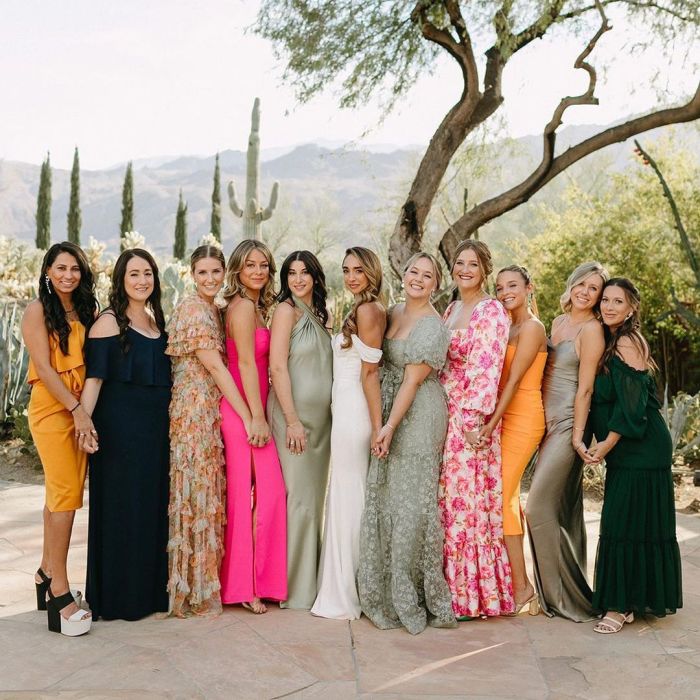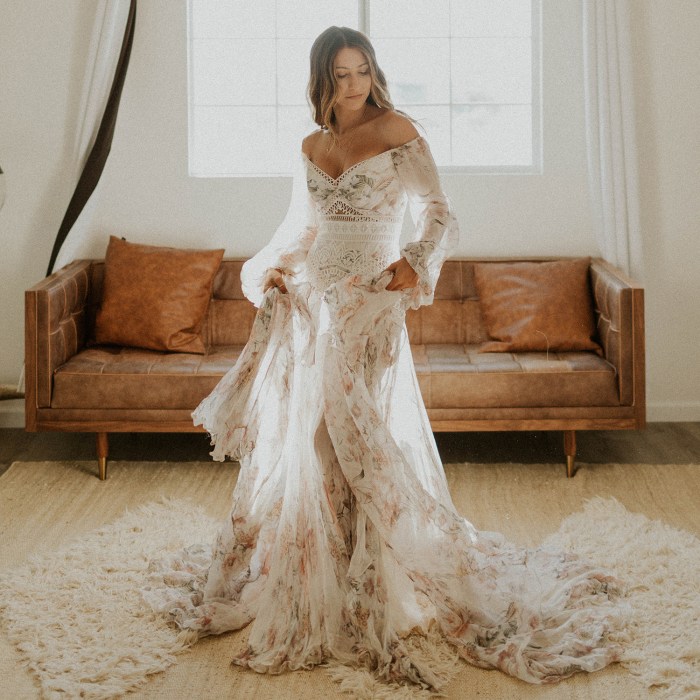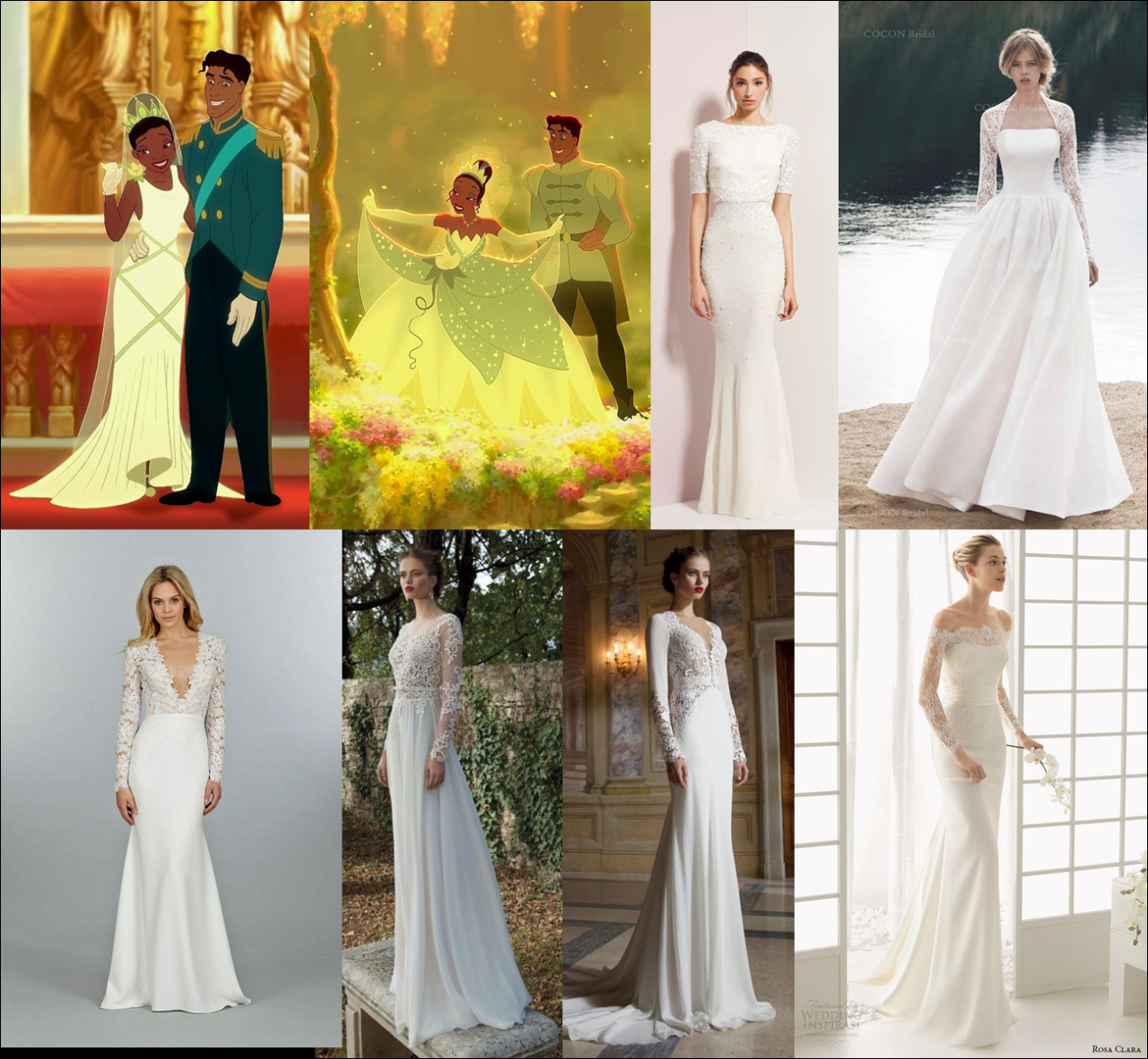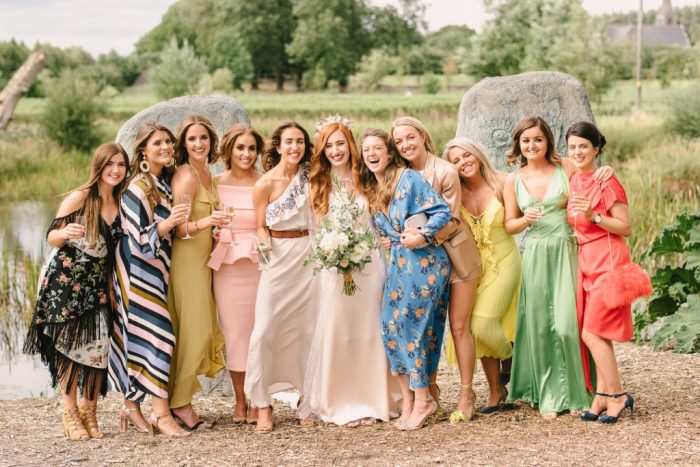Market Research: Understanding the “365 Days Wedding Dress” Concept
The concept of a “365 Days Wedding Dress” hinges on creating a versatile garment suitable for wear beyond the wedding day itself. This requires a thorough understanding of the target market, their needs, and the existing landscape of wedding attire.
Target Audience and Market Segmentation
The target audience for a 365 Days Wedding Dress extends beyond the traditional bride. It encompasses women who value sustainability, versatility, and a return on investment for their wedding attire. Potential market segments include environmentally conscious brides, minimalist brides, brides planning multiple celebrations (e.g., civil ceremony, religious ceremony, reception), and women seeking a high-quality, adaptable garment for various formal occasions throughout the year.
Pricing Strategies for Versatile Wedding Attire
Pricing strategies for similar extended-wear or versatile wedding attire vary greatly depending on the brand, materials, and level of customization. High-end designers often command premium prices for their bespoke creations, while more accessible brands offer a range of price points to cater to different budgets. A tiered pricing model, incorporating different levels of customization and fabric choices, could effectively target a wider customer base.
Comparison of Wedding Dress Styles Suitable for Year-Round Wear
The following table compares different wedding dress styles suitable for year-round wear, considering fabric, silhouette, and adaptability:
| Style | Fabric | Season Adaptability | Customization Options |
|---|---|---|---|
| A-line | Silk crepe, lace | Spring, Summer, Autumn | Sleeves, layering pieces |
| Sheath | Lightweight wool, silk jersey | Autumn, Winter, Spring | Bolero, detachable skirt |
| Empire Waist | Linen, cotton voile | Spring, Summer | Removable train, different sleeve options |
| Mermaid | Stretch lace, crepe | Autumn, Winter | Removable sleeves, layering pieces |
Design & Functionality: Features of a “365 Days Wedding Dress”
The design of a 365 Days Wedding Dress prioritizes versatility and adaptability. This involves careful consideration of fabric choice, construction techniques, and design features that allow for customization and layering.
Design, Fabrics, and Construction Techniques
A 365 Days Wedding Dress could feature a classic silhouette, such as an A-line or sheath, crafted from high-quality, durable fabrics like silk crepe, lightweight wool, or a blend of sustainable materials. Construction techniques should prioritize quality and longevity, employing techniques such as French seams and reinforced stress points. The dress could incorporate detachable elements, allowing for various looks throughout the year.
Customization and Personalization Features
Design features enabling customization and personalization are crucial. These could include detachable sleeves, interchangeable collars, belts, or even a modular system allowing for the addition of different skirts or overlays. The ability to adjust the length or add embellishments further enhances the dress’s versatility.
Layering Options for Varying Weather Conditions
Layering options are essential for accommodating different weather conditions. A lightweight silk slip dress could serve as the base, with removable elements such as a bolero jacket for cooler weather, a sheer overlay for warmth, or a shawl for added elegance.
Accessory Designs Complementing the Dress for Different Seasons
- A light cashmere shawl for winter.
- A wide-brimmed hat for summer.
- Delicate jewelry for spring.
- Statement earrings for autumn.
Marketing & Branding: Positioning a “365 Days Wedding Dress”
Effective marketing and branding are crucial for establishing the 365 Days Wedding Dress as a desirable and unique product. This requires a well-defined brand identity, targeted marketing campaigns, and a seamless customer journey.
Brand Name and Tagline
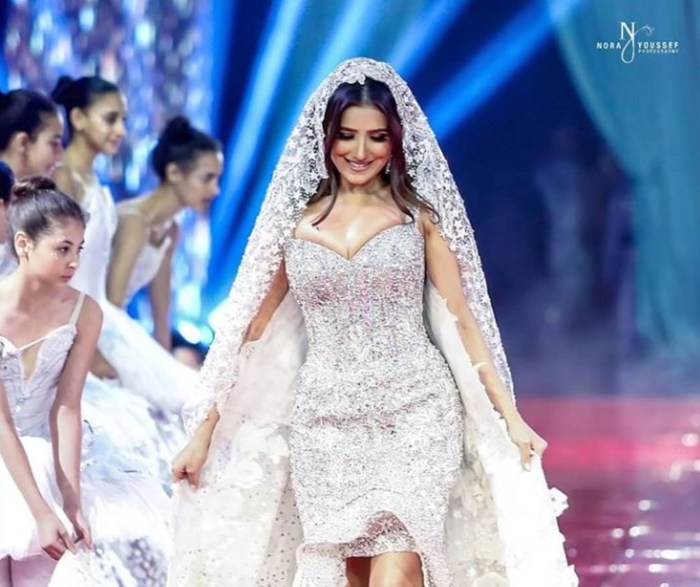
Source: enterprise.press
A potential brand name could be “Evermore Bridal,” with a tagline like “Your Wedding Dress, Reimagined.” This emphasizes the dress’s longevity and versatility.
Marketing Campaign Ideas Targeting Different Demographics
Marketing campaigns could target different demographics through various channels. For environmentally conscious brides, emphasize the sustainable materials and ethical production. For minimalist brides, highlight the timeless design and versatility. Influencer marketing and collaborations with sustainable wedding planners could further amplify the brand’s message.
Ideal Customer Journey for Purchasing a “365 Days Wedding Dress”
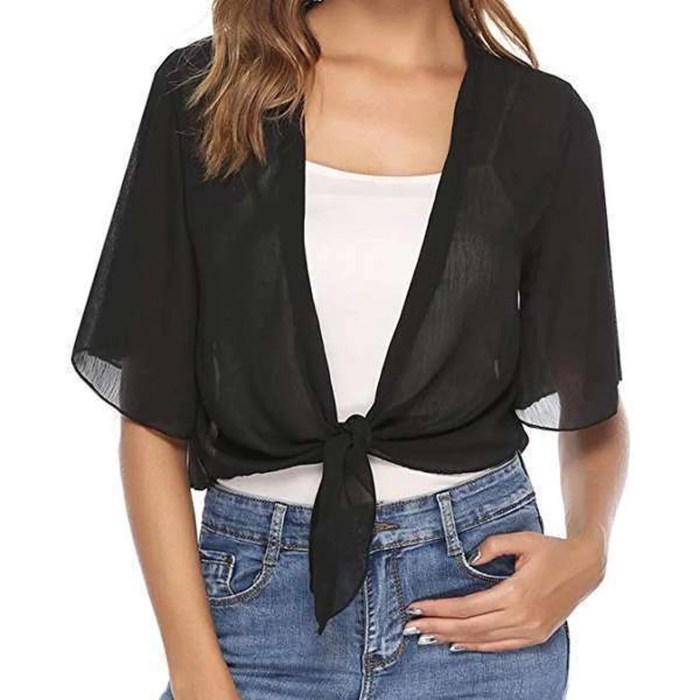
Source: walmartimages.com
The ideal customer journey should be seamless and informative. It could start with online discovery, followed by personalized consultations, virtual or in-person fittings, and ultimately, a smooth purchasing and delivery process. Post-purchase support, including styling advice and care instructions, would enhance customer satisfaction.
Social Media Marketing Strategy for Showcasing the Dress’s Versatility
A strong social media presence is crucial. Content should showcase the dress’s versatility through various styling options, showcasing different seasons and occasions. User-generated content, featuring real brides wearing the dress for different events, would build trust and social proof.
Sustainability & Ethics: Responsible Production of a “365 Days Wedding Dress”
Ethical sourcing and sustainable production are paramount for a 365 Days Wedding Dress. This involves careful selection of materials, responsible manufacturing practices, and minimizing environmental impact.
Ethical Sourcing and Production Methods
Ethical sourcing would involve partnering with suppliers who prioritize fair labor practices and environmental responsibility. Sustainable materials, such as organic cotton, recycled fabrics, or innovative plant-based alternatives, should be prioritized. Production processes should minimize waste and energy consumption.
Environmental Impact of Different Fabric Choices
The environmental impact of different fabrics varies greatly. Conventional cotton production is resource-intensive and often involves harmful pesticides. Sustainable alternatives, such as organic cotton, Tencel, or hemp, have a significantly lower environmental footprint. Recycled fabrics offer an even more sustainable option.
Lifespan and Durability of Various Fabrics
The lifespan and durability of fabrics are crucial for a dress designed for extended wear. Natural fibers like silk and linen are known for their longevity, while synthetic fabrics can be more prone to wear and tear. Careful construction and appropriate care instructions can significantly extend the lifespan of any fabric.
Visual Representation of the Sustainable Production Process
A visual representation could depict the journey from ethically sourced raw materials, through responsible manufacturing processes, including minimal waste strategies and energy-efficient techniques, to the final creation of the finished product. This could be a simple flowchart illustrating each step and highlighting the commitment to sustainability at each stage.
Legal & Practical Considerations: Selling a “365 Days Wedding Dress”
Selling a 365 Days Wedding Dress involves navigating legal considerations, providing excellent customer service, and establishing clear policies.
Potential Legal Considerations
Legal considerations include product liability, consumer protection laws, and intellectual property rights. Clear labeling, accurate descriptions, and compliance with relevant regulations are crucial. Consulting with legal professionals specializing in fashion and retail is advisable.
Customer Service Strategies, 365 days wedding dress
Excellent customer service is essential. This includes prompt responses to inquiries, personalized consultations, and efficient handling of any issues. Providing detailed care instructions and offering alterations or repairs services can enhance customer satisfaction.
Return and Exchange Policy
A clear and fair return and exchange policy is essential. This should Artikel the conditions for returns, the timeframe for returns, and the process for refunds or exchanges. A transparent policy builds trust and reduces potential disputes.
FAQ Section Addressing Common Customer Questions
| Question | Answer |
|---|---|
| How should I clean my dress? | Dry cleaning is recommended. Refer to the care instructions included with your dress. |
| Can I alter the dress? | Yes, alterations are possible. We recommend using a professional seamstress. |
| What if the dress arrives damaged? | Contact us immediately with photos of the damage. We will arrange for a replacement or repair. |
| What is your return policy? | See our detailed return policy on our website. |
Q&A
Can the 365 Days Wedding Dress be dry cleaned?
Dry cleaning is recommended for optimal care and longevity, depending on the chosen fabrics. Check the care label for specific instructions.
What sizes will the 365 Days Wedding Dress be available in?
The dress will be offered in a range of standard sizes, with custom sizing options available upon request.
What if the dress doesn’t fit perfectly after purchase?
We offer alterations services and a detailed return/exchange policy Artikeld in our terms and conditions. Please contact customer service for assistance.
How long is the lead time for a custom-ordered 365 Days Wedding Dress?
Lead times for custom orders vary depending on the level of customization and current order volume. Contact us for an estimated timeframe.






